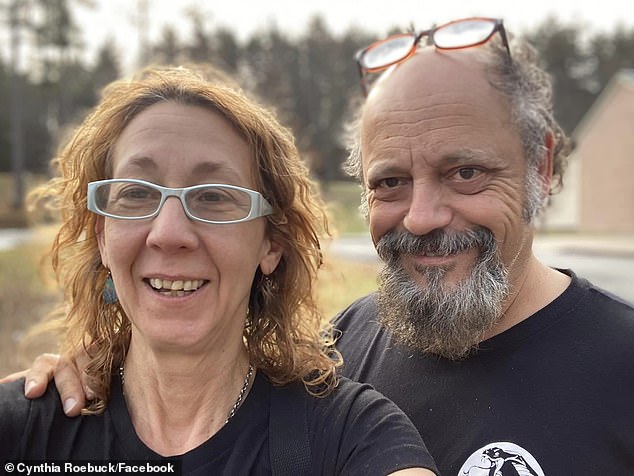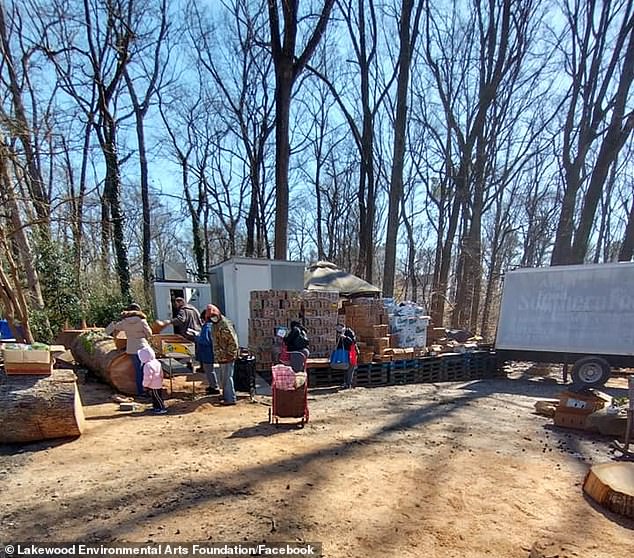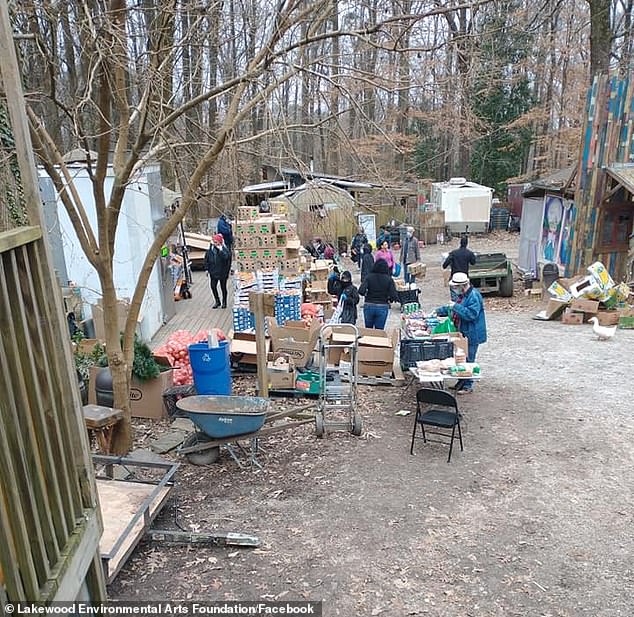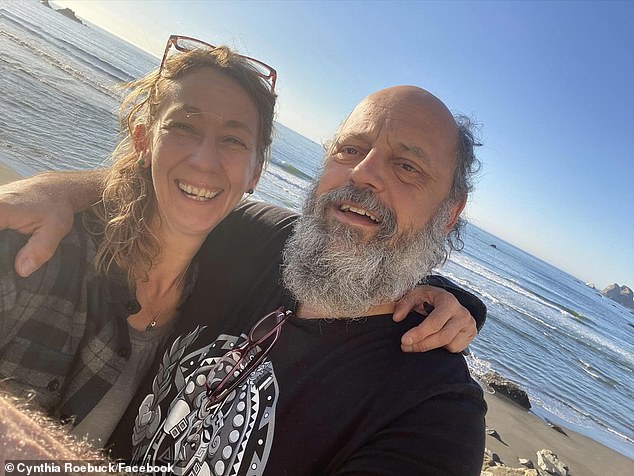A man who owns property in Atlanta is desperate for the people who have been living on his land for years without his permission.
David Morris, who now resides in California, says squatters have been living on his property in southeast Atlanta since the start of the COVID-19 pandemic, and it’s been an uphill battle to get them to move somewhere else. .
While there were once up to 30 unwanted occupants living on his property, the number Morris is dealing with today is eight.
David Perrie, his lawyer, said Morris was granted a possession order last week.
The court order is what the landlord must obtain when seeking to terminate the tenant’s right of possession when the tenant refuses to vacate the property.
Morris says he now plans to install fencing to keep out unwanted visitors. The twist is that he also says he plans to turn the nine acres of land into affordable housing for its residents.

David Morris (along with his partner) says squatters have been living on his property in southeast Atlanta since the start of the COVID-19 pandemic.


A shot of Morris’ property when it still housed his now-defunct nonprofit, the Lakewood Environmental Arts Foundation.
‘We’re just going to build a big fence and a gate here, and we’re going to put up no trespassing signs. “I’m not going to build it until all the tenants are gone,” he said. “You know, start cleaning this place up.”
He also told local channel Fox affiliate that local authorities contacted him and told him to clean up the property, which the squatters had left in a state of disrepair and disarray.
“It’s frustrating to have to spend so much money. I spent $10,000 cleaning up homeless people’s trash,” he said.
The property in question is a nine-acre rural area that was once home to Morris’ nonprofit, Lakewood Environmental Arts Foundation.
About a decade ago, he said, he began allowing four people to live on the land rent-free, if they agreed to care for the property.
But during the pandemic, he closed the nonprofit. At that time, however, he realized that many more people lived on the property than the four he had originally agreed to house rent-free.
He says he ran into trouble because of the government’s long-term eviction moratorium.
‘The people who lived on the land began to make other people live on the land, their friends. I tried to file for eviction and the city of Atlanta said, ‘Sorry, we have a moratorium on evictions right now,'” he told the local outlet.
Currently, Morris says he still has about eight people residing illegally on his property, several of whom he doesn’t know.
At least one person has filed a $190,000 counterclaim against him.
‘That was dismissed, and that countersuit, because they did not appear in court. “So, I predict, it will be another thirty days before the marshals call me to schedule a time to have five people here to move everything from there to the street,” he said.


The people Morris had agreed to let live on the land for free in exchange for caring for the property decided they weren’t going to leave, even after he closed the nonprofit.


Morris says he and his lawyer are on the verge of being able to remove the remaining squatters from the land. Last week, he obtained a writ of possession, a court order necessary to legally remove tenants unwilling to vacate the premises.
About a year ago, Morris (California at the time) says he received a call from someone telling him that Atlanta police had been around his property due to the ‘Stop Cop City’ protests.
In the area, local activists were campaigning against the construction of a Public Safety Training Center in Atlanta.
More than 20 activists were eventually detained by law enforcement.
Morris says that “all ‘Stop Cop City’ medical staff were camped on their grounds before authorities broke up the demonstration.”
“There were about thirty campers and the police came in and took them out of their tents,” he said.
He added, for good measure, that he is not on either side of that specific conflict.
“I’m neutral, yes, I’m not on any side,” he said, noting that he has no political ties to the situation.
